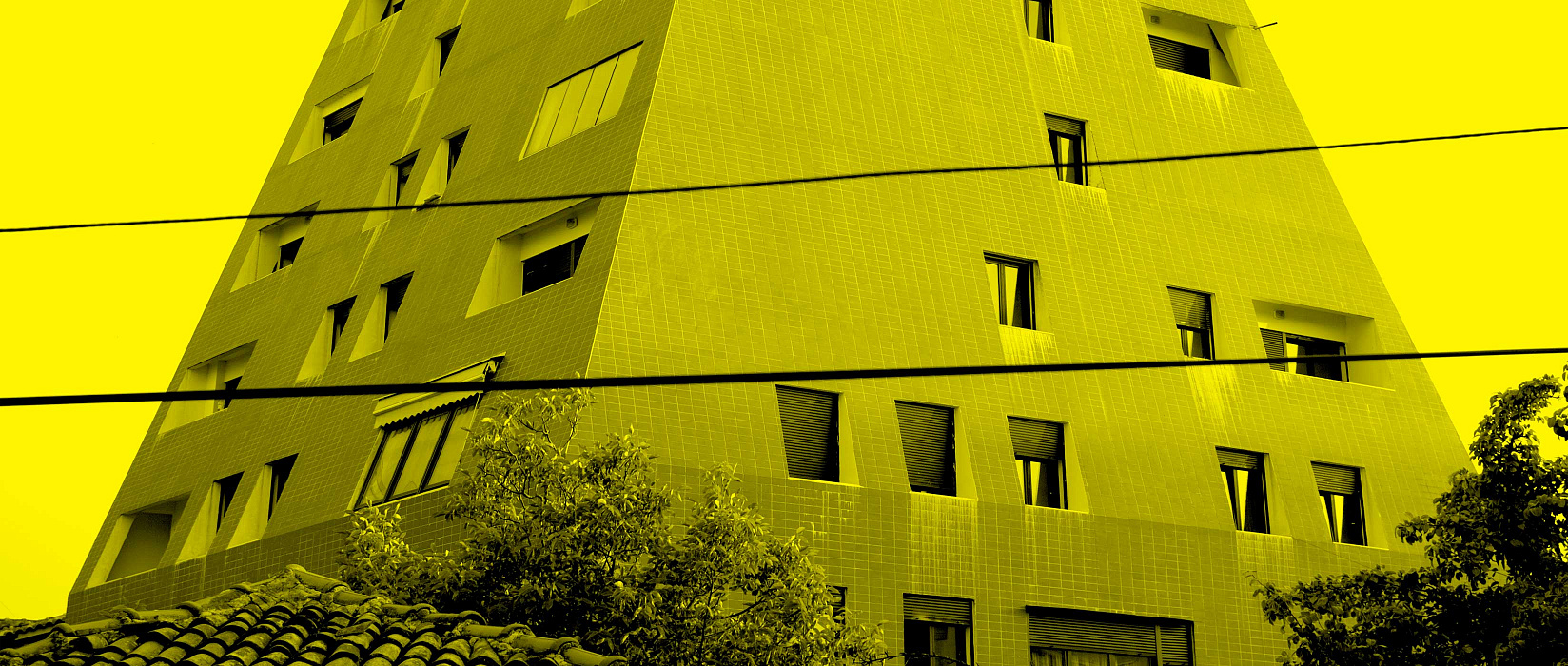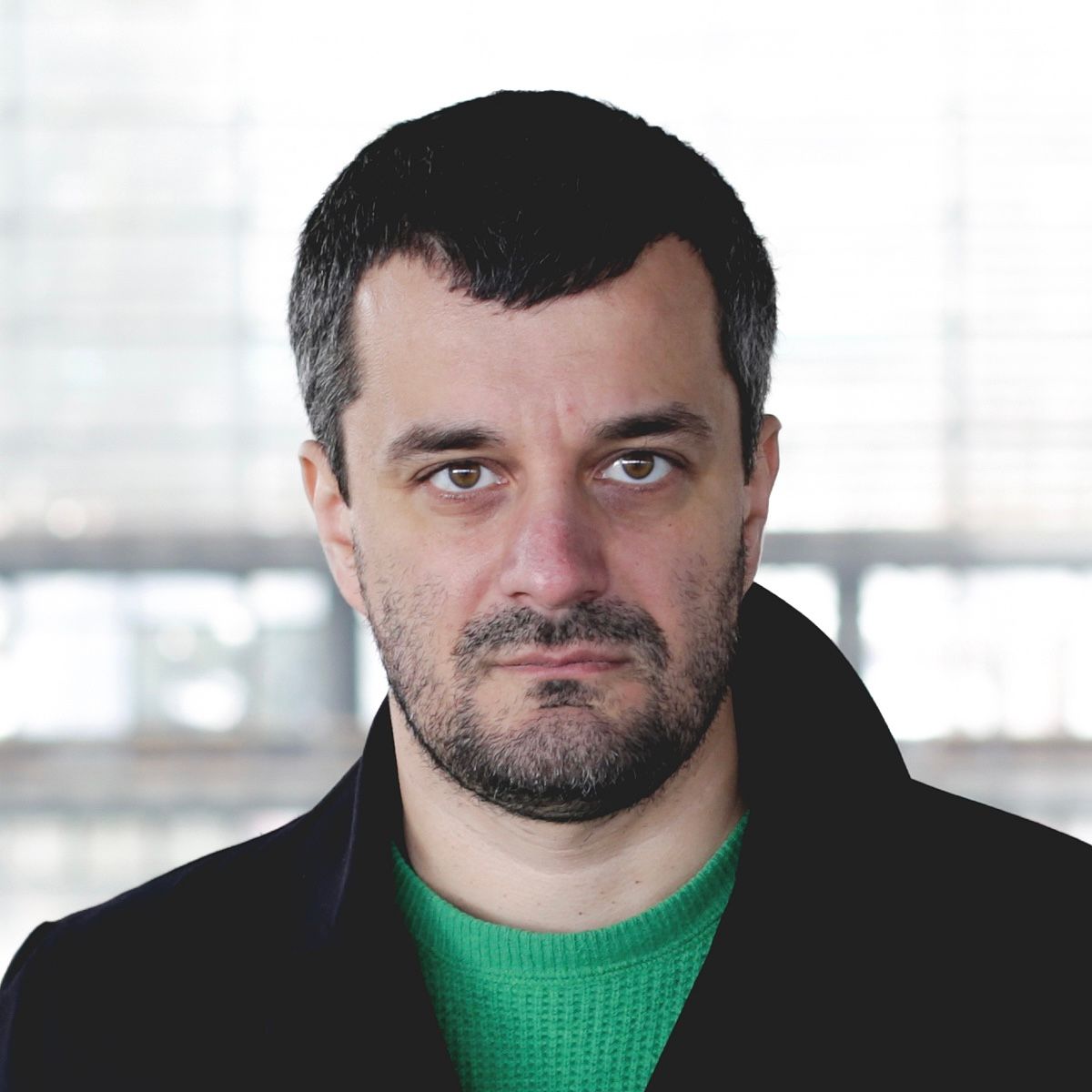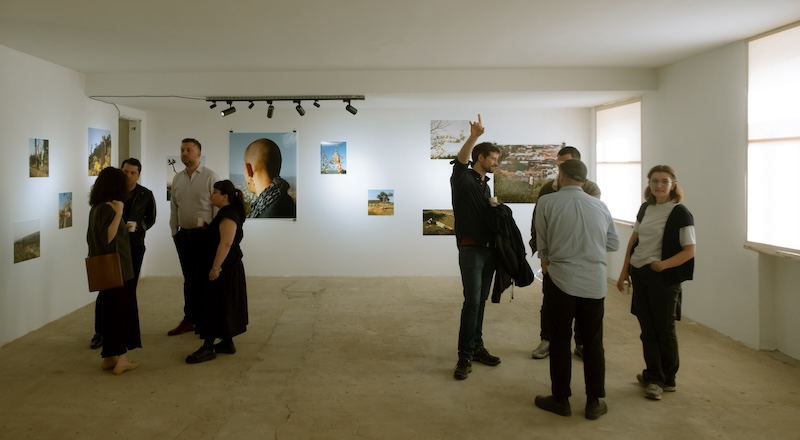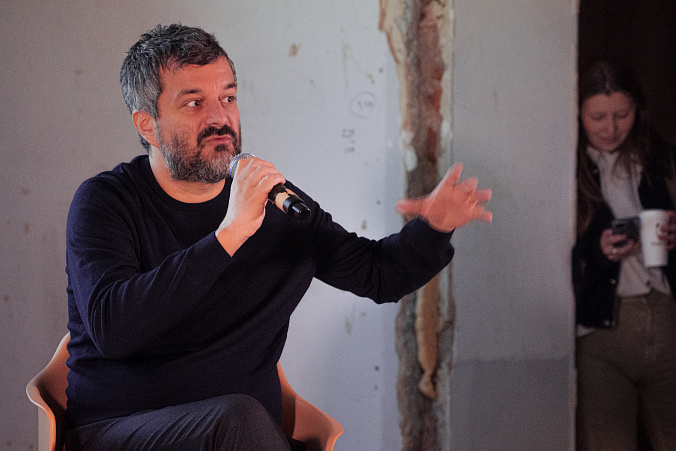Ubani Presentation and Public Lecture by Pier Paolo Tamburelli — “Realism after Real Socialism”

For a large part of the twentieth century, in Russia and Eastern Europe, not to mention extra-European cases, society was organised according to socialist principles. The experiment started in Russia with the revolution of 1917 and expanded to almost all of Eastern Europe in the years after the conclusion of World War II. For around 50 years, more than 300 million people experienced socialist life with little to no private property and an entirely planned economy. This socialist experience, while at times tragic and undoubtedly disappointing concerning socialist theories and expectations, cannot be treated as nonsense and forgotten. This experience is precious, mainly because contemporary Europe decided not to develop it further. Real Socialism has been the largest-scale social experiment in the history of mankind. As proof of not just a possible society but of a real one organized according to criteria entirely different from our own today, the details of Real Socialism are worth investigating, archiving, and exhibiting. As another way of living together that was concrete (and undeniably effective for a considerable amount of time), Real Socialism is an extraordinary point of comparison for contemporary capitalism. In purely capitalistic jargon, Real Socialism is an asset for our non-socialist society. It shouldn't be wasted.
— Gestaltungslehre and Design
Tbilisi is the third episode of the Archive of Real Socialism studios, after Tirana and Belgrade.
Bio of the speaker
 Pier Paolo Tamburelli
Architect, the head of the research unit in Gestaltungslehre and Design (The Institute of Architectural Design at TU Wien). Tamburelli was one of the founding editors of the magazine San Rocco. In 2004 founded baukuh together with Paolo Carpi, Silvia Lupi, Vittorio Pizzigoni, Giacomo Summa, and Andrea Zanderigo. He studied architecture at the University of Genoa and the Berlage Institute Rotterdam. Before TU Wien, Tamburelli taught at the Berlage Institute Rotterdam, Harvard GSD, UIC Chicago, and Milan Politecnico. In 2018, he was a jury member of the XVI International Architecture Exhibition of the Venice Biennale.
Pier Paolo Tamburelli
Architect, the head of the research unit in Gestaltungslehre and Design (The Institute of Architectural Design at TU Wien). Tamburelli was one of the founding editors of the magazine San Rocco. In 2004 founded baukuh together with Paolo Carpi, Silvia Lupi, Vittorio Pizzigoni, Giacomo Summa, and Andrea Zanderigo. He studied architecture at the University of Genoa and the Berlage Institute Rotterdam. Before TU Wien, Tamburelli taught at the Berlage Institute Rotterdam, Harvard GSD, UIC Chicago, and Milan Politecnico. In 2018, he was a jury member of the XVI International Architecture Exhibition of the Venice Biennale.
Partners
 TU Wien
TU Wien
 Gestaltungslehre and Design
The Institute of Architectural Design at TU Wien
Gestaltungslehre and Design
The Institute of Architectural Design at TU Wien
 Georgian Technical University
Georgian Technical University
Visitors info
Xezhmy Delli apartment building in Tirana, Albania
Credit line: baukuh

